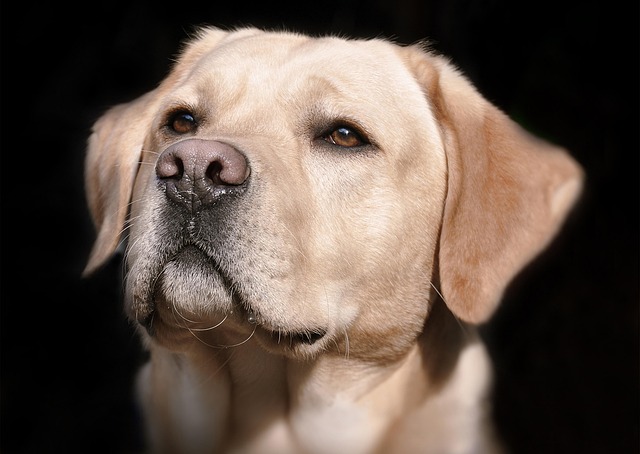
What Causes a Dog's Interdigital Dermatitis?
You might notice your dog limping or licking their paws more than usual, and that’s often the first sign of interdigital dermatitis—those sore, red spots between their toes.
You’re picking up your freshly groomed dog, and you catch a whiff of something familiar—vinegar. It leaves you puzzled: Why do groomers spray vinegar on dogs? If you’ve ever found yourself asking this question, you’re not alone. Many American dog owners are surprised to learn about this common grooming practice, but there are several good reasons behind it.
The use of vinegar in dog grooming is rooted in its natural properties. Distilled white vinegar, in particular, is a versatile and safe ingredient. It has mild acidic properties that can help balance the pH level of a dog’s skin. Dogs’ skin typically has a slightly acidic pH, and factors like harsh shampoos, environmental irritants, or even hard water can disrupt this balance, leading to dryness, itching, or flakiness. By spraying a diluted vinegar solution, groomers can help restore the skin’s natural acidity, creating a healthier environment for the skin and coat.
Another benefit of vinegar is its deodorizing power. Dogs can pick up all sorts of odors, whether it’s from rolling in the grass, getting wet in the rain, or simply having a natural body odor. Vinegar’s acetic acid breaks down odor - causing molecules, effectively neutralizing unpleasant smells. It’s like a natural alternative to chemical - laden deodorizers, leaving your dog smelling fresh without any harsh fragrances that might irritate their sensitive noses.
When using vinegar in grooming, groomers usually create a diluted solution. A common ratio is one part vinegar to three or four parts water. After bathing and drying the dog, they lightly spray the solution over the coat, avoiding the eyes, nose, and mouth. Some groomers may also use a soft cloth dampened with the vinegar solution to wipe the dog’s paws or other areas prone to odor. After application, there’s no need to rinse; the vinegar smell dissipates quickly as it dries.
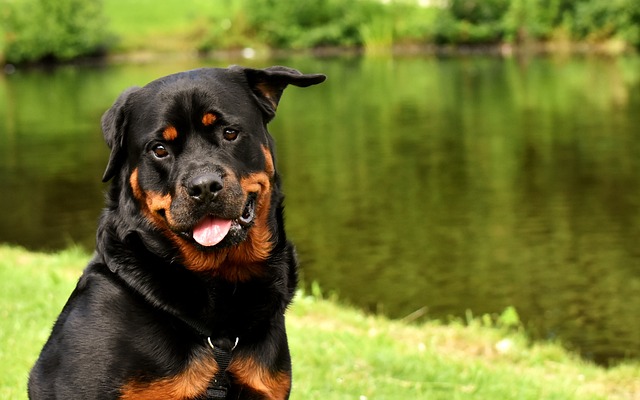
In the American pet - owning context, there are important compliance and care considerations. Just as rabies vaccinations are legally required in most states to protect public health, using safe and natural grooming practices is part of responsible pet ownership. When it comes to your dog’s well - being, the same principles of kindness apply. Avoid using any products that could harm your dog, and if you choose to try a vinegar spray at home, always do a patch test first to ensure your dog doesn’t have an adverse reaction. Just like positive training methods, positive grooming experiences build trust between you and your dog.
For apartment dwellers, a vinegar - treated dog can be a blessing. The natural deodorizing properties mean less smelly fur in close quarters. When taking your dog out for walks, a fresh - smelling and well - groomed pet is more pleasant for everyone around. And as always, follow community etiquette by cleaning up after your dog promptly in public areas to avoid fines and keep the neighborhood clean.
So, the next time you notice that vinegar scent on your groomed dog, you’ll know it’s not just random. Groomers spray vinegar on dogs to promote healthy skin, neutralize odors, and provide a natural, gentle grooming solution. With its many benefits, vinegar proves to be a valuable tool in keeping your furry friend clean, comfortable, and smelling great.

You might notice your dog limping or licking their paws more than usual, and that’s often the first sign of interdigital dermatitis—those sore, red spots between their toes.
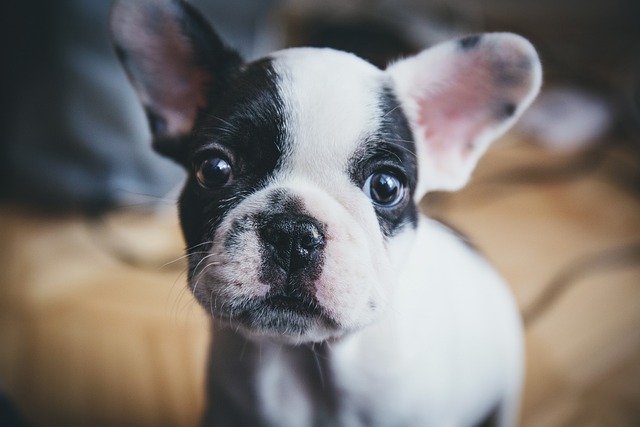
If you’re a new dog parent in the US—maybe you’re pacing your NYC apartment at 8 PM, watching your 10-month-old Lab mix
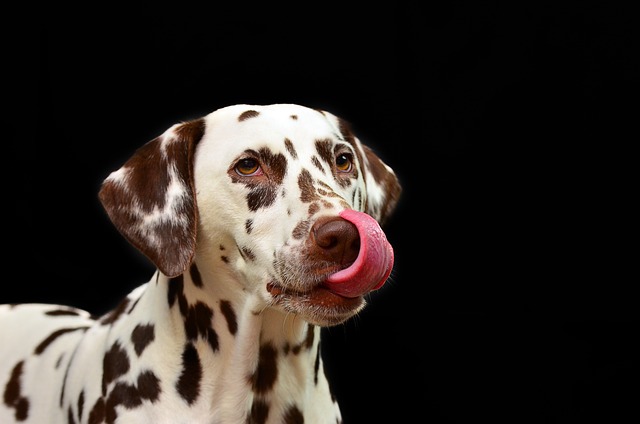
If you’re a new dog parent in the US—maybe you’re sitting on your Boston apartment couch, watching your 8-month-old Cocker Spaniel, Luna
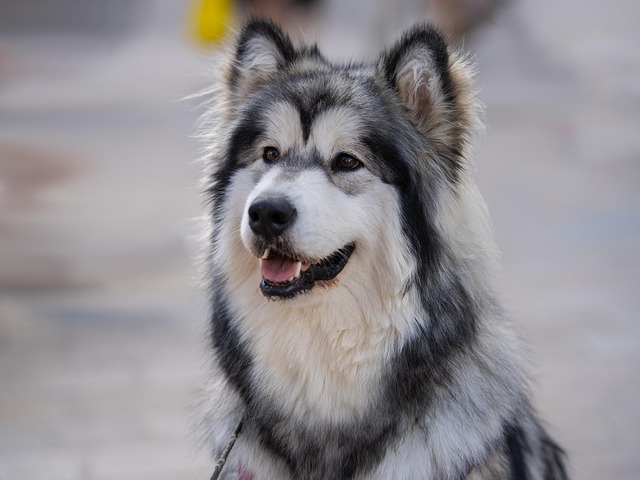
Finding blood in your dog’s vomit is one of the scariest moments a pet owner can face—your first thought is almost always, “Is my pup okay?” The truth is, several conditions can lead to this, some milder but many requiring quick vet care.
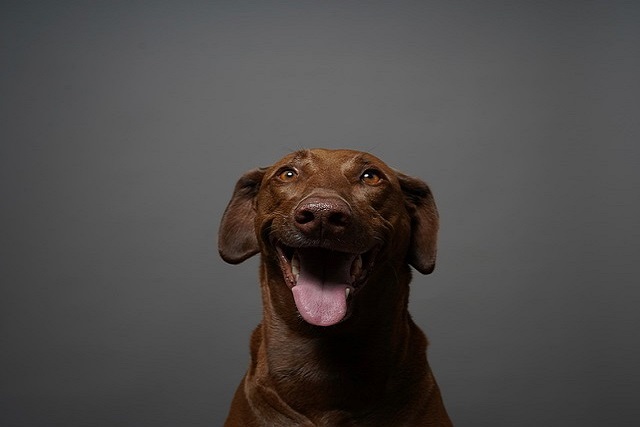
If you’re a new dog parent in the US—maybe you’re kneeling on your Chicago apartment floor at 7 AM, dabbing crusty white gunk from your 10
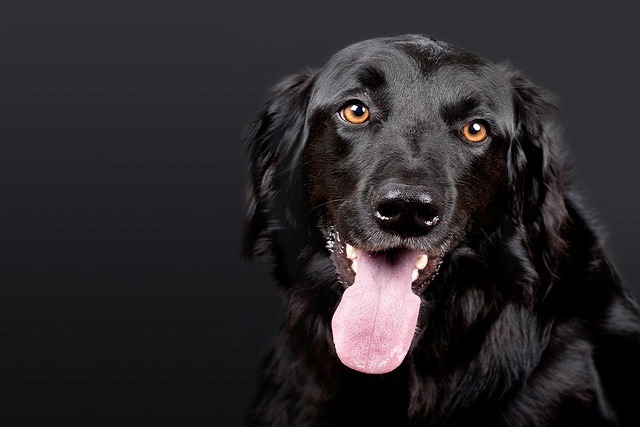
Noticing your dog squinting or pawing at their eye can send any pet owner into a panic. Is it a minor irritation or something serious?